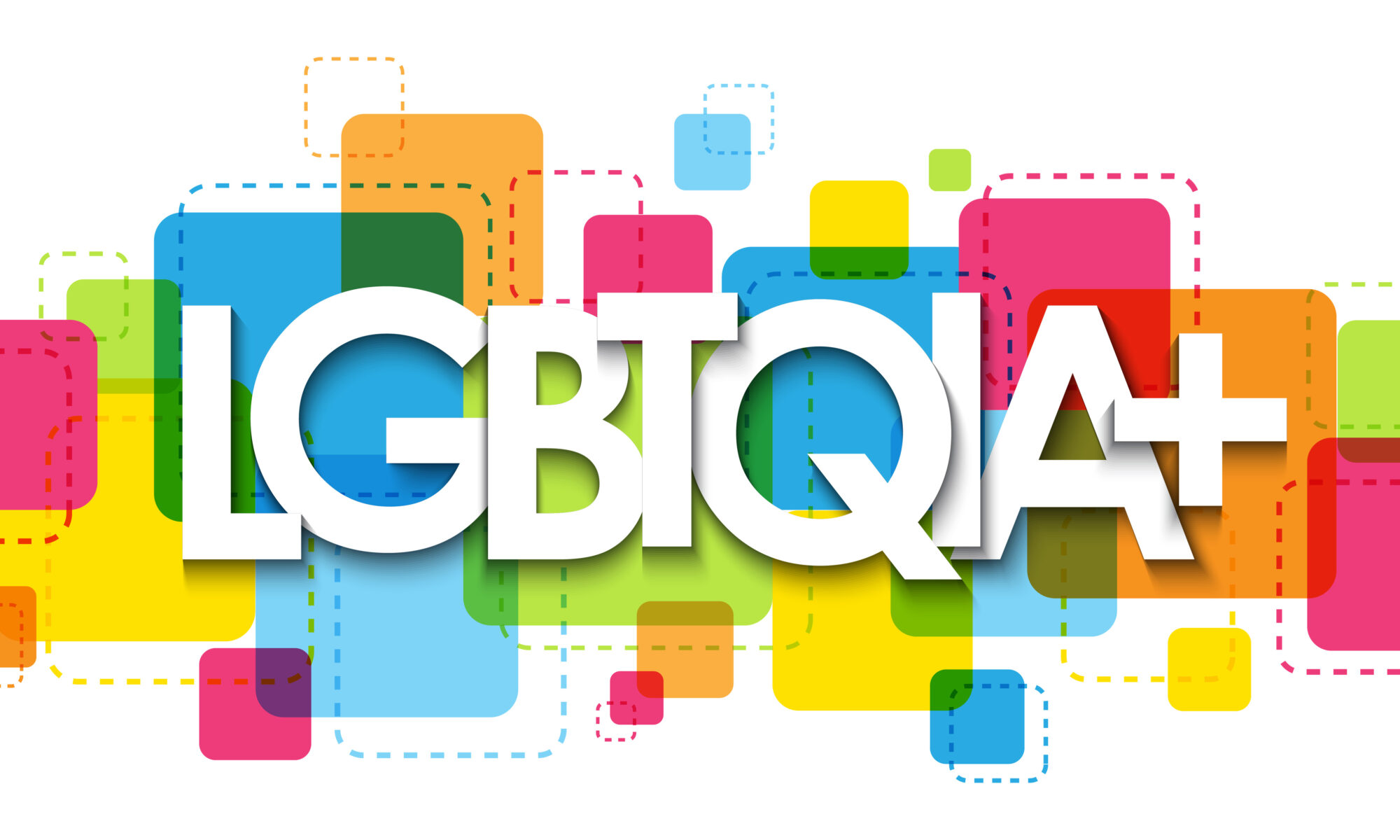The social tapestry is intricately woven with various threads of identity, each deserving respect and validation. Gender identity, in particular, has been at the forefront of many societal debates and struggles for rights and recognition. Nevertheless, gender identity discrimination and harassment continue to fabricate a corrosive environment that not only strips individuals of their dignity but also inflicts long-lasting damage that echoes through their personal and professional lives.
In this extensive analysis, we will dissect the multifaceted consequences of gender identity discrimination and harassment. Our journey will delve deep into the physical, emotional, and social repercussions, as well as the legal landscape providing protection and recourse for victims. By illuminating these issues, we aim to instigate meaningful change and fortify the supportive scaffolding that individuals in the gender-diverse community need.
Defining the Harm: Understanding Gender Identity Discrimination
Gender identity discrimination occurs when an individual is treated unfavorably because of their gender identity or because they do not conform to traditional gender stereotypes. This form of discrimination can manifest in various settings—be it the workplace, educational institutions, healthcare environments, or within our communities. It chips away at the foundation of an individual’s identity and can result in profound, systemic harm that transcends mere instances of prejudice.
As we unpack the layers of discrimination, the far-reaching implications will become evident. First, we will explore how the psychological and emotional toll can lead to severe mental health issues. Then, we will investigate the professional ramifications that stifle career growth and economic stability. Social repercussions will also be illuminated, outlining the devastating effects on personal relationships and community integration. Finally, we will navigate the maze of laws and legal precedents that serve as both a shield and a weapon in the fight against gender identity discrimination and harassment.
The Invisible Wounds of Gender Identity Discrimination
Mental Health and Well-Being
The mental health of individuals subjected to gender identity discrimination is significantly at risk. Research consistently shows that transgender and gender non-conforming individuals face an increased prevalence of mental health conditions, such as depression, anxiety disorders, and even higher rates of suicide attempts. The perpetual stress of potential exposure to discrimination and harassment is a heavy anvil on the psyche, often leading to a diminished sense of self-worth.
Increased Risk of Anxiety, Depression, and Suicidal Thoughts
The numbers paint a grim picture. A survey by the National Center for Transgender Equality revealed that 40% of transgender adults have reported attempting suicide. These alarming figures depict the gravity of the situation and the desperate need for societal change to provide a nurturing environment that fosters mental well-being. Disparities in healthcare access and the lack of support resources further compound these risks, leaving many to grapple with their emotional turmoil in isolation.
Physical Health Implications
Gender identity discrimination can also manifest in physical health challenges. The chronic stress associated with discrimination can lead to an array of health issues, such as cardiovascular problems, compromised immune systems, and even a shortened life expectancy. The cumulative impact of discrimination on both mental and physical health underlines the urgent need to address these systemic issues and provide comprehensive care to those affected.
The Professional Stalemate: Employment and Career Prospects Hindered
Difficulties in Finding and Maintaining Employment
One of the most tangible consequences of gender identity discrimination is the difficulty in securing and keeping a job. Studies have shown that transgender individuals are disproportionately affected by unemployment and underemployment. Discriminatory hiring practices and hostile work environments force many to navigate a professional landscape fraught with barriers that others take for granted.
Job Satisfaction and Career Advancement Opportunities
Job satisfaction and career advancement opportunities are often curtailed, even for those who manage to enter the workforce. Hostile or discriminatory work environments can erode an individual’s professional confidence and stifle their ability to grow and thrive. Limited job options and lower pay scales are remnants of a society still grappling with inclusivity and equal opportunity in the workplace.
Economic Hardships
The financial toll of gender identity discrimination is not to be underestimated. From losing one’s job to being unfairly compensated or not being offered promotions, the economic well-being of individuals is directly impacted. As a result, many face hardships in meeting their basic needs, which further exacerbates the stress and mental health struggles that are already prevalent within this community.
The Societal Divide: Social Isolation and Alienation
Isolation and Alienation from Community
The aftereffects of discrimination do not stop at the office door. Individuals often experience profound isolation and alienation from their communities, especially when those environments are not supportive. This alienation can lead to a breakdown in social structures and supports, leaving individuals to navigate their identities in a hostile or ignorant social fabric.
Strained Personal Relationships
The fabric of our lives is intricately woven with the threads of personal relationships. Yet, gender identity discrimination can lead to significant strains on these relationships. Be it within the family unit, amongst peers, or in romantic partnerships, the presence of discrimination can create discord, misunderstandings, and in severe cases, lead to the dissolution of these vital social bonds.
Reduced Quality of Life
The sum of these social consequences is a diminished quality of life. As individuals experience discrimination and societal rejection, the very activities and interactions that typically bring joy and fulfillment may become a source of stress and dissatisfaction. This undeniably lower quality of life further underscores the importance of creating a more inclusive and supportive social environment for all individuals, regardless of gender identity.
Navigating the Legal Terrain: Protections and Remedies
Laws and Protections Against Gender Identity Discrimination
In recognition of the pervasive discriminatory practices faced by transgender and gender non-conforming individuals, many jurisdictions have enacted laws specifically designed to protect their rights. These laws forbid discrimination on the basis of gender identity and, in some cases, require that individuals be afforded accommodations that allow them to express their gender identity.
Legal Recourse and Remedies for Victims
When discrimination and harassment occur, it’s crucial for victims to know their legal rights and the avenues available for recourse. Legal action can range from filing complaints with government agencies to pursuing civil litigation against the perpetrators. Not only does this provide an opportunity for justice, but it also sends a clear signal that such behaviors will not be tolerated.
Foster Inclusion: Addressing and Preventing Gender Identity Discrimination
Education and Awareness
A critical element in preventing discrimination is education and awareness. By providing knowledge on gender identity and the challenges faced by the gender diverse community, we can dispel ignorance and cultivate greater empathy and understanding. Educational initiatives in schools, workplaces, and within the community at large can help to normalize discussions around gender diversity and promote inclusivity.
Inclusive Policies and Practices
Organizations and institutions must take proactive steps to foster an inclusive environment. This includes developing and enforcing policies that explicitly prohibit discrimination and harassment based on gender identity, as well as providing training to employees on respectful and affirming practices. In addition, creating support networks and resources for individuals to seek guidance and redress is crucial in legitimizing the commitments made through policy.
Support Networks and Resources for Victims
For those who have experienced discrimination, support networks and resources can be a lifeline. Organizations such as the National Center for Transgender Equality and GLSEN provide a community and the resources necessary to navigate the challenges of discrimination. Access to legal counsel and other support services is key in empowering individuals to stand up against discrimination and seek remedies for the harm they’ve endured.
In conclusion, the consequences of gender identity discrimination and harassment are not just personal—they are societal, systemic, and wholly impactful. It is a call to action for all of us to stand in solidarity with the gender-diverse community, to champion their rights, and to ensure that discrimination and harassment have no place in our shared future. Let this be the catalyst for change, igniting a collective effort to create a world where every individual can live authentically and without fear of recrimination. For now, the ball is in our court to take the knowledge and insights from this discourse and transform them into actionable steps towards a more inclusive, equitable society.
Like this:
Like Loading...







